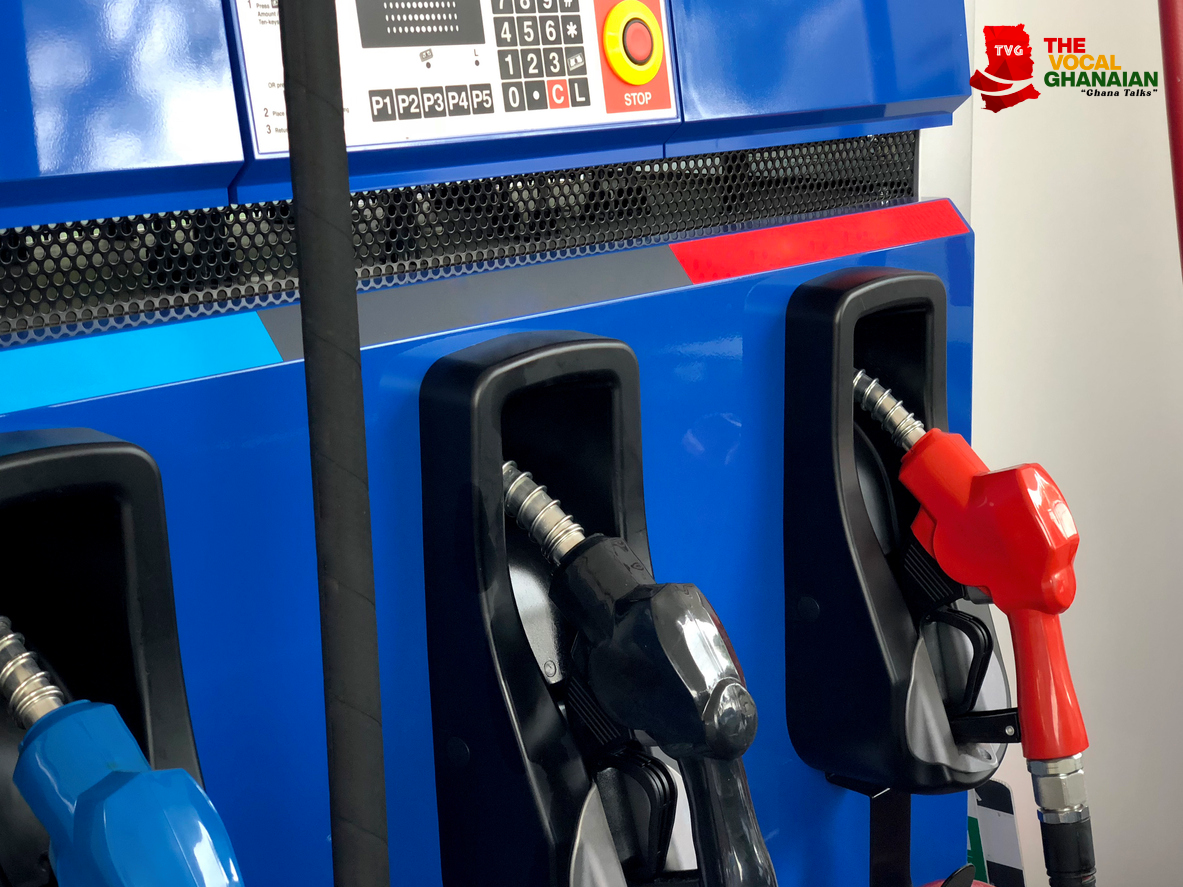From February 1, 2023, over the following two weeks, the Institute for Energy Security (IES) projects a 7%–13% increase in the price of petrol, diesel, and liquefied petroleum gas (LPG).
Accordingly, petrol will cost around $15 per liter, while diesel would cost more than $17 per liter.
The steep devaluation of the cedi over the past two weeks and the rising international fuel costs as shown on the worldwide S&P Platts platform, according to the IES, are to blame for the increase in domestic fuel prices.
The energy think group noted that despite the government receiving over 41,000 metric tons of diesel under its “Gold for Oil” program, the price of fuel will rise.
“On the basis of the rising international fuel prices as observed on the global S&P Platts platform, linked with the local currency’s value decline against the greenback, the Institute for Energy Security (IES) estimates a 7% to 13% jump in the prices of petrol, diesel, and LPG over the next two weeks ending February 14, 2023”.
“The rise in domestic fuel prices would be occasioned in spite of government’s receipt of approximately 41,000 metric tonne of Gasoil under its “Gold for Oil” programme, and that consumers must be prepared to buy for instance, a litre of petrol for roughly ¢15 in the coming days”, it stated.
What’s Happening in the World Market?
From an earlier average price of $81.72 per barrel, the benchmark Brent crude oil price jumped to approximately $86.14 per barrel.
This indicated an increase in average price of 5.41% over the previous two weeks.
Brent crude oil price finished lower on Friday, January 26, 2023, after an initial steady climb to $88.16 per barrel at closure on January 23, making the commodity’s weekly finish flat to lower.
After ending the previous day’s trading at $87.28 per barrel and rising from the year’s low of $72.50, Brent completed Friday’s trading at $86.66.
How about Locally?
Petroleum products received price rises on the domestic market during the second pricing window for January 2023.
For petrol and diesel, prices rose by almost 9% and 6.67%, respectively.
Diesel prices rose from ¢14.40 to ¢15.36 per litre, while petrol increased to ¢13.58 from ¢12.54.
The price of LPG was estimated to be ¢12.69 per kilogramme on a national level.


Rattling nice pattern and fantastic written content, very little else we want : D.
Good day! Do you know if they make any plugins to assist with Search Engine Optimization? I’m trying to get my blog to rank for some targeted keywords but I’m not seeing very good success. If you know of any please share. Many thanks!